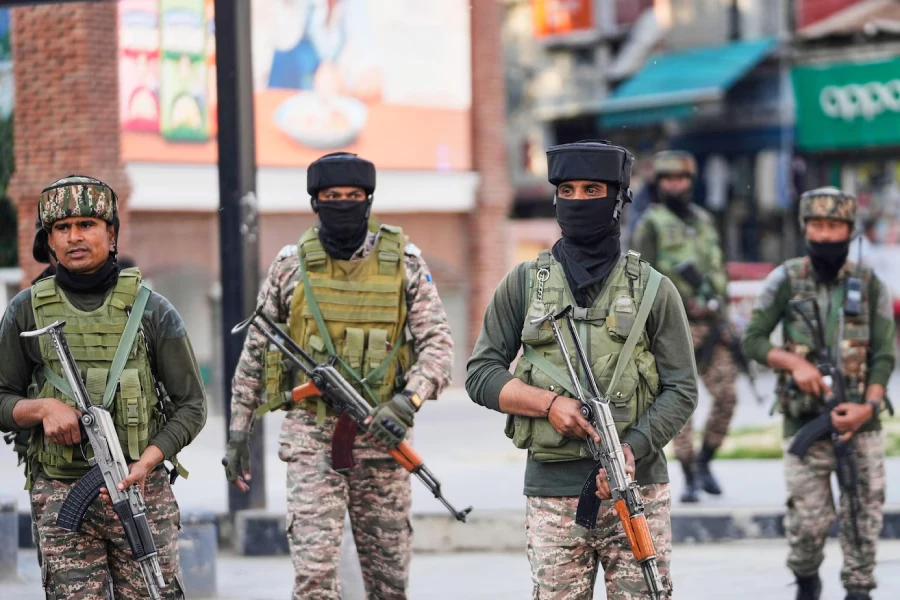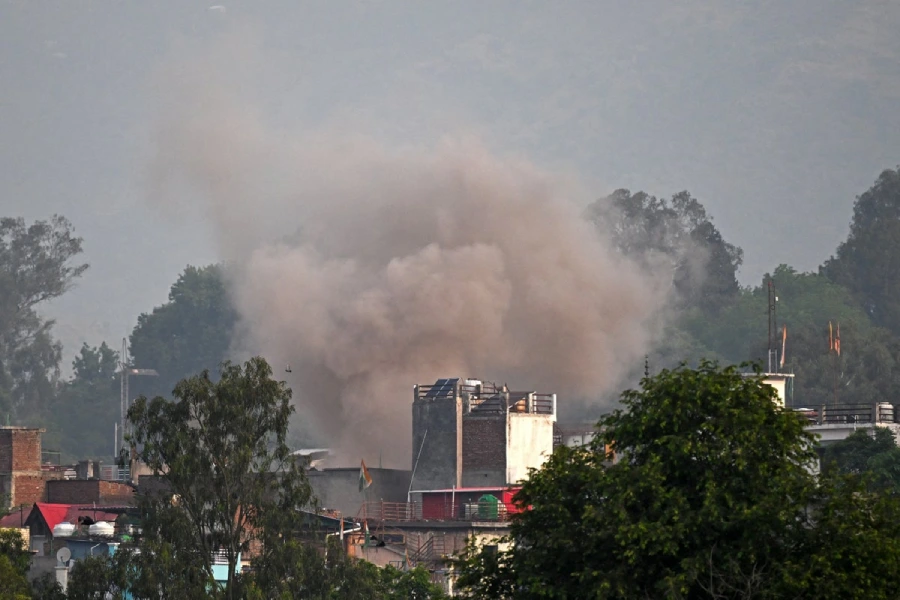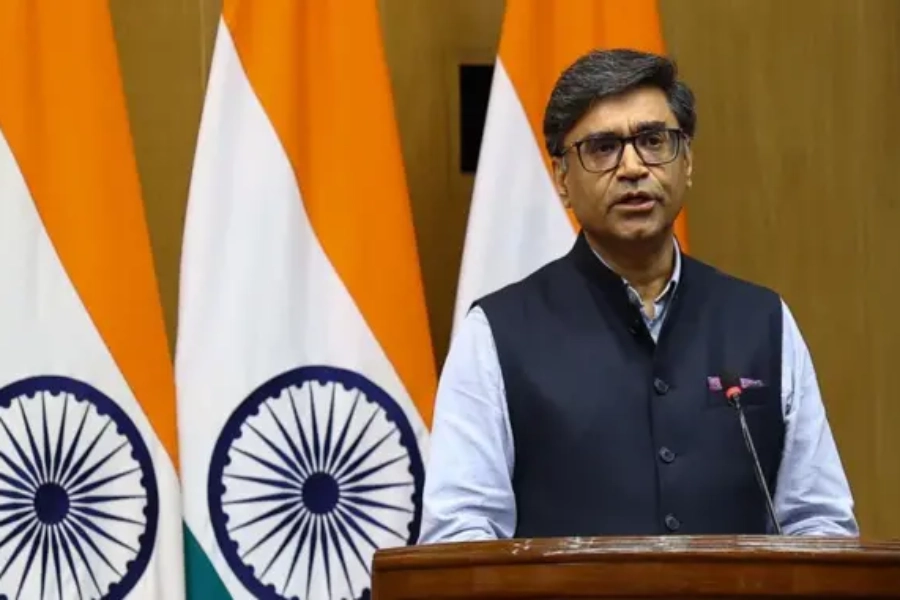The India-Pakistan ceasefire, once seen as a glimmer of hope for peace, has since collapsed under increasing military violations. This failure to uphold the agreement raises critical questions: What caused the ceasefire to break down? And what are the long-term consequences for both nations, especially in the context of international law?
The Fragile Ceasefire: A Glimmer of Hope for Peace
The ceasefire agreement, hailed as a significant diplomatic win, was brokered through intense negotiations. Many hoped that it could provide a momentary break in the ongoing violence, particularly concerning the Kashmir region—a territory fiercely contested by India and Pakistan. However, despite the initial optimism, violations quickly surfaced, unraveling the fragile truce.
On May 9, 2025, former U.S. President Donald Trump announced the ceasefire on his social media platform, Truth Social. His post celebrated the diplomatic efforts behind the agreement, crediting U.S. intervention for helping bring both countries to the table. However, the optimism soon gave way to military violations that disrupted the peace process.

Roots of the India-Pakistan Conflict: Kashmir and Beyond
The India-Pakistan conflict is deeply rooted in the division of British India in 1947, creating two separate nations, India and Pakistan. The Kashmir region, which both countries claim in full, remains one of the most contentious issues between them. Over the years, multiple wars and ongoing military skirmishes have been sparked by this territorial dispute. Despite numerous attempts at peace, both nations have struggled to find common ground.
The Kashmir conflict has become more than just a territorial dispute—it is a matter of national pride for both countries, making a peaceful resolution more difficult to achieve. As long as the region remains divided, there is little hope for a lasting peace between India and Pakistan.
Ceasefire Violations: Breaking Trust and Escalating Tensions
The ceasefire agreement began to collapse almost immediately after being announced, with accusations of violations from both sides. Indian officials accused Pakistan of continuing to fire on Indian positions, while Pakistan claimed that India had violated the ceasefire by engaging in military actions near the border.
Legal Implications of Ceasefire Violations:
From a legal perspective, ceasefire violations are considered a breach of international peace agreements. Both India and Pakistan, as nuclear powers, are bound by international law to uphold agreements made under the auspices of peace negotiations. Violating a ceasefire can escalate conflicts and create a dangerous precedent for future negotiations. The breakdown of this ceasefire adds to the already fragile relationship between the two countries.
The legal repercussions of such violations can lead to a deepening distrust and potential retaliations, further prolonging the conflict. If the ceasefire had been upheld, it could have laid the foundation for a more extensive peace agreement. However, with violations undermining the agreement, the prospects for a peaceful resolution are dimmed.

The Role of U.S. Diplomacy in the Ceasefire Agreement
While former U.S. President Trump’s role in brokering the ceasefire was lauded, the reality on the ground was much more complex. The U.S. played a critical role in facilitating the initial talks, but the long-standing distrust and strategic calculations of both India and Pakistan made it unlikely that external diplomatic efforts alone could have achieved lasting peace.
Despite the ceasefire collapsing quickly, U.S. intervention did bring both nations to the negotiating table. However, for any peace agreement to succeed, it must be genuinely supported by both India and Pakistan. Diplomatic efforts from external powers can only go so far—lasting peace depends on internal cooperation between the two nations.
What’s Next for India and Pakistan After the Ceasefire Collapse?
The collapse of the India-Pakistan ceasefire has significant implications for both countries. In the short term, it could lead to further military clashes and an escalation of violence in Kashmir. Given the sensitive nature of the Kashmir conflict, any military action could quickly spiral out of control.
Legal Ramifications of Ceasefire Failure:
Legally, the breakdown of the ceasefire may set back any potential future negotiations. International bodies, including the United Nations, may intervene, but the lack of trust between the two countries complicates any legal resolutions. Until both nations are committed to peace, any ceasefire will remain precarious at best.

